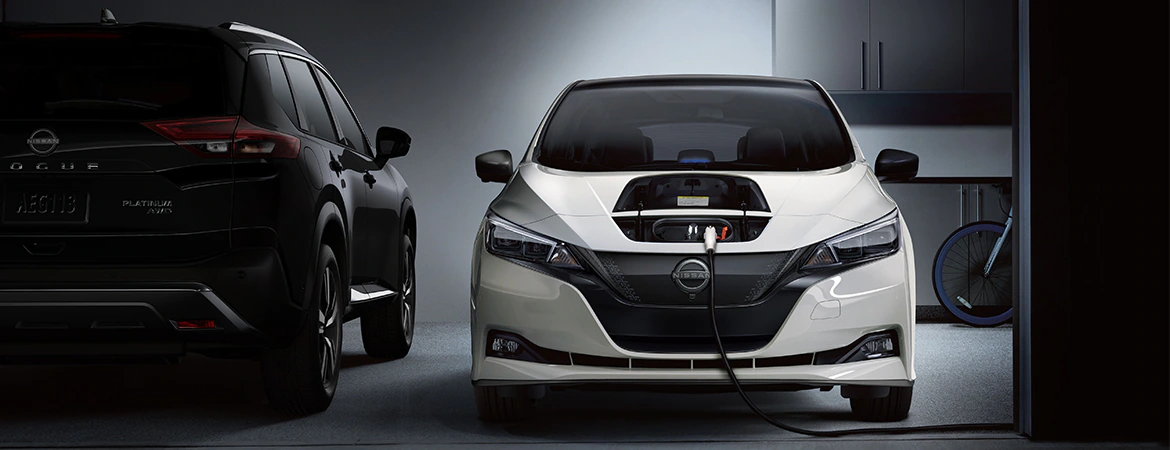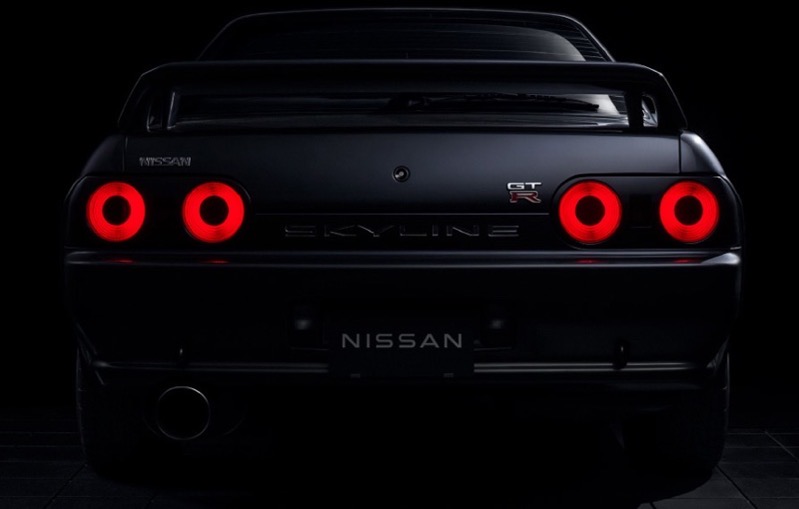
Nissan Plans to Launch First Solid State EV in 2028

Photo: Nissan
Veteran Japanese automaker Nissan plans to debut the first electric vehicle (EV) with its proprietary solid-state battery technology by 2028 (via Autocar).
“We think we have something quite special and are in a group leading the technology,” said David Moss, Nissan’s Senior VP for research and development in Europe.
“We want to get the cost down [compared with lithium ion batteries] by 50%, to double the energy density and to offer three times the charging speed.”
Nissan is working on solid-state batteries that forego the need for liquid electrolytes, improving energy storage and transfer efficiency.
“Can you delete the liquid electrolyte out of the battery? This is where we think we’re leading,” Moss added Moss.
“Some solid-state batteries still have the liquid electrolytes, and this is an issue, as that liquid boils. The efficiency of that energy in storage and transfer and the power you put into it will be impacted.”
According to Nissan, its all-solid-state battery(ASSB) technology will enable charging speeds of up to 400kW. The company expects to build a pilot solid-state battery production plant by 2025, with mass production of the batteries and the first cars to incorporate the new tech coming in 2028 — 18 years after the legacy carmaker launched one of the first widely successful EVs in 2010’s Nissan Leaf.
Moss noted that the tech has already graduated from small solid-state button cells to larger, 10cm square cells at the current stage of development in Japan. In their final form, each cell are will be the size of a laptop.
Nissan is developing solid-state batteries and working on plans for EVs powered by them independently of its lithium ion-based EV production efforts.
The Nissan exec said that using solid-state batteries will require drastic changes to vehicle architecture. In the meantime, the company will continue iterating its lithium-ion battery technology.
“Lithium ion is constantly changing, with better energy density, [better] efficiency and lower cost,” said Moss. “The cost is key, as this opens up EVs to even more customers. We believe there are a couple of steps left in lithium ion. A big drive for us is to go cobalt-free.”
The company will start rolling out a new generation of lithium-ion battery technology within the next couple of years, per Moss, followed by cobalt-free lithium-ion batteries by 2028.
Nissan is moving on from pure-combustion engines entirely, however, and the automaker won’t be investing in Euro 7 combustion-engine technology anymore.
